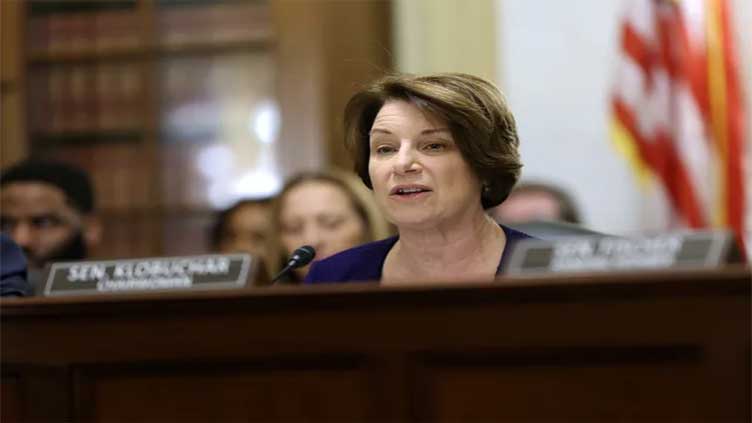US Senate Committee passes bills to safeguard elections from AI

Technology
The bills would prohibit deepfakes of federal candidate
(Web Desk) - The Senate Rules Committee passed three bills that aim to safeguard elections from deception by artificial intelligence, with just months to go before Election Day.
The bills would still need to advance in the House and pass the full Senate to become law, creating a time crunch for rules around election-related deepfakes to take effect before polls open across the country in November.
The vote happened on the same day that Senate Majority Leader Chuck Schumer (D-NY) and three bipartisan colleagues released a roadmap for how Congress should consider regulating AI.
The document lays out priorities and principles for lawmakers to consider but leaves the crafting of specific bills to the committees.
The three election bills passed by the Senate Rules Committee on Wednesday mark an early step at the federal level to take action on AI in elections. Chair Amy Klobuchar (D-MN), who sponsors the bills, noted that states have already moved forward on this issue for state-level elections.
For example, 14 states have enacted a form of labeling of AI content, according to Klobuchar.
The measure with the most support in the committee, the Preparing Election Administrators for AI Act, which passed 11–0, would direct the Election Assistance Commission (EAC) to work with the National Institute of Standards and Technology (NIST) to create a report for election offices about relevant risks of AI to disinformation, cybersecurity, and election administration.
It also included an amendment requiring a report on how AI ends up impacting the 2024 elections.
The two other bills, the Protect Elections from Deceptive AI Act and the AI Transparency in Elections Act, passed 9–2 out of the committee.
The first would prohibit AI deepfakes of federal candidates in certain circumstances when used to fundraise or influence an election and is co-sponsored by Sens.
Josh Hawley (R-MO), Chris Coons (D-DE), and Susan Collins (R-ME). The second, co-sponsored by Sen. Lisa Murkowski (R-AK), would enforce a disclaimer on political ads that have been substantially created or altered by AI (it would not apply to things like color editing or resizing, for example).
While the Protect Elections from Deceptive AI Act could not regulate satire, Klobuchar noted that the AI Transparency in Elections Act would at least let voters know when satire ads are AI-generated.


